News and blogs
Latest news, updates and blogs from World Cancer Research Fund.

Will new junk food legislation work?
The UK government’s long-awaited junk food advertising restrictions have come into force at the start of 2026

International Childhood Cancer Day 2026
We’re marking International Childhood Cancer Day by highlighting our research programmes across our network of charities that are dedicated to improving outcomes for children and young people

Comedian behind viral ‘mum’ character supports Walk 100 challenge
Award-winning comedy creator, Richard Franks, is stepping up for cancer prevention by supporting Walk 100 Miles in February.
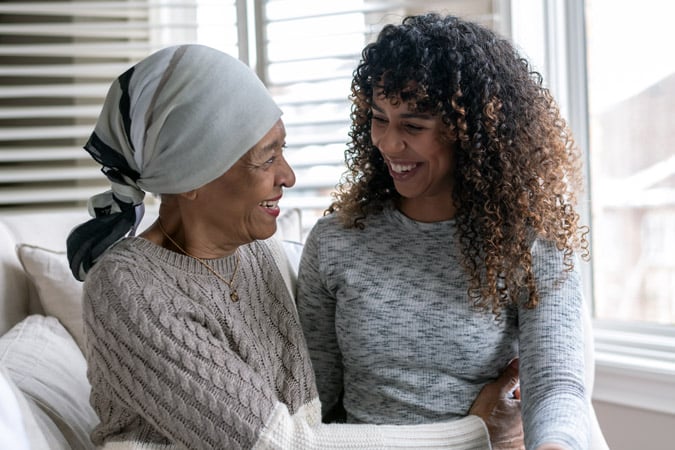
We welcome the National Cancer Plan for England
World Cancer Research Fund welcomes the publication of the National Cancer Plan for England, launched on World Cancer Day
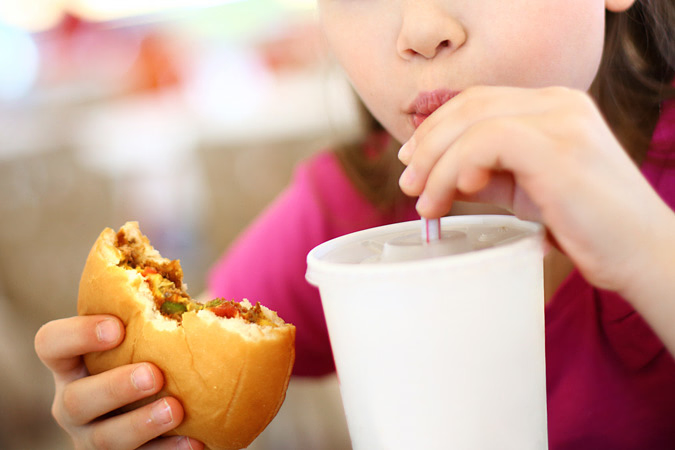
The UK’s junk food ad ban: a cautionary tale of delay and dilution
Senior Policy and Public Affairs Officer, Melissa Dando, sets out why marketing restrictions on junk food are particularly tricky to get over the line despite the benefits to public health and cancer prevention.
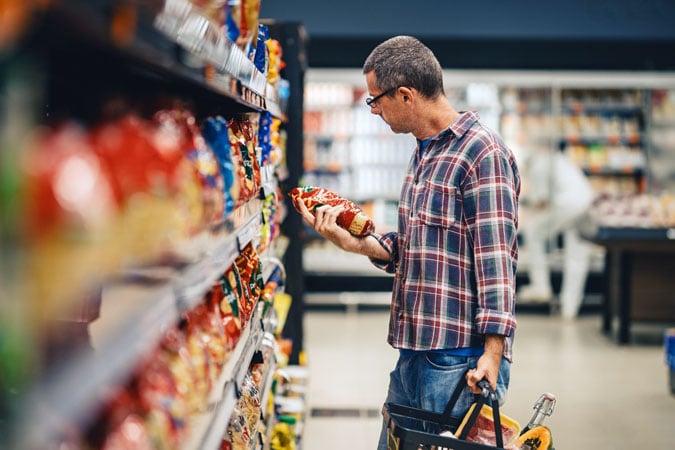
Our response to publication of the updated NPM
The UK Government updates the Nutrient Profile Model: a step forward for cancer prevention.
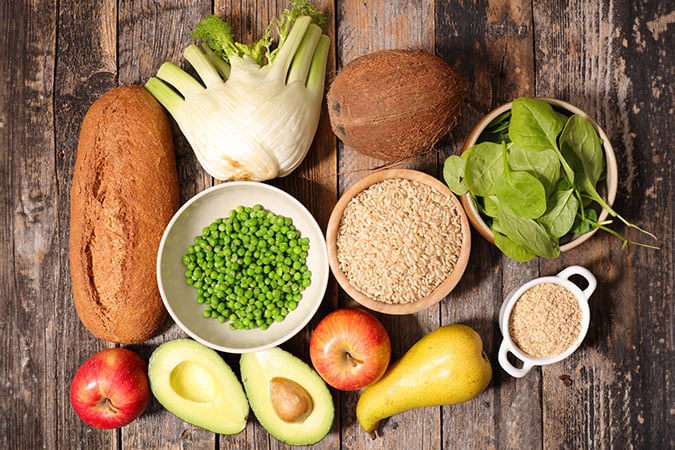
Our reaction to the launch of the US dietary guidelines 2025-2030
We give our verdict on the new dietary guidance released by the US administration on 7 January 2026
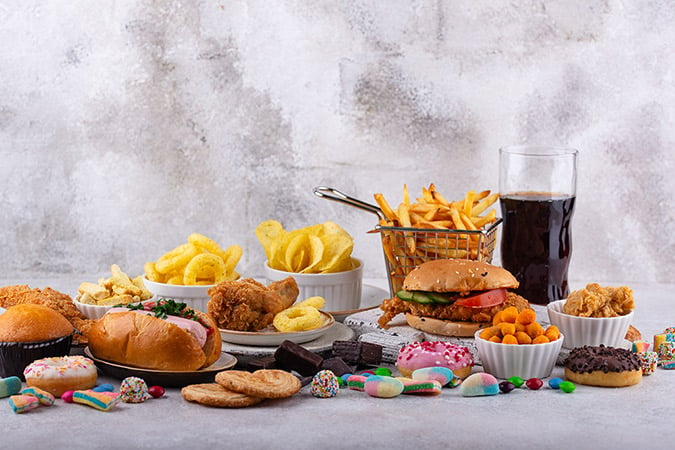
Junk food marketing restrictions come into force
On 5 Jan 2026, the UK government’s long-awaited junk food advertising restrictions come into force, banning ads for unhealthy food and drink before 9pm on TV and across online platforms.
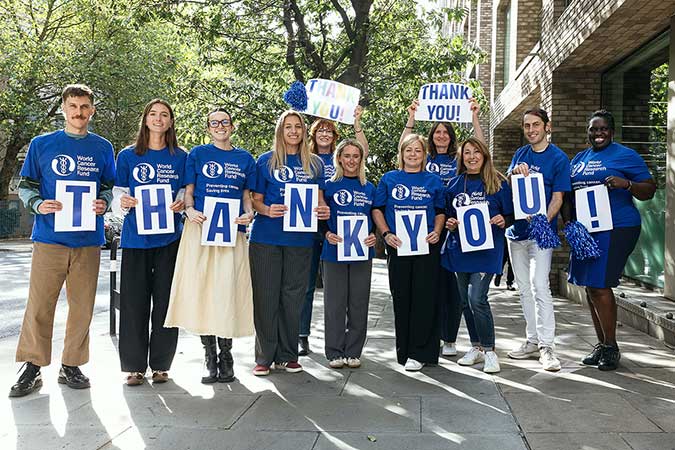
Thank you for your support in 2025!
It’s been a busy year for World Cancer Research Fund as we continue to fund pioneering new research into cancer prevention. Here’s how your generous donations have made a difference in 2025

The UK government’s response to the CMA infant formula market study: what we think
The UK government has published its response to the Competition and Markets Authority’s (CMA) infant formula study – here’s our verdict on their response
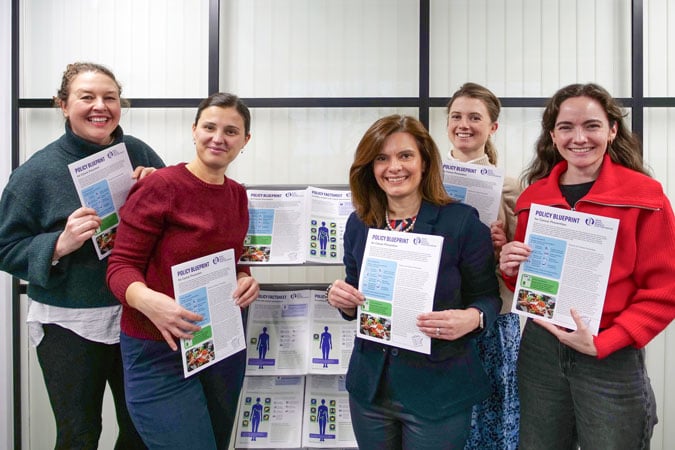
12 months – 12 moments: a year in review
Our Policy team looks back at their most impactful moments and achievements from 2025, with the year in review.
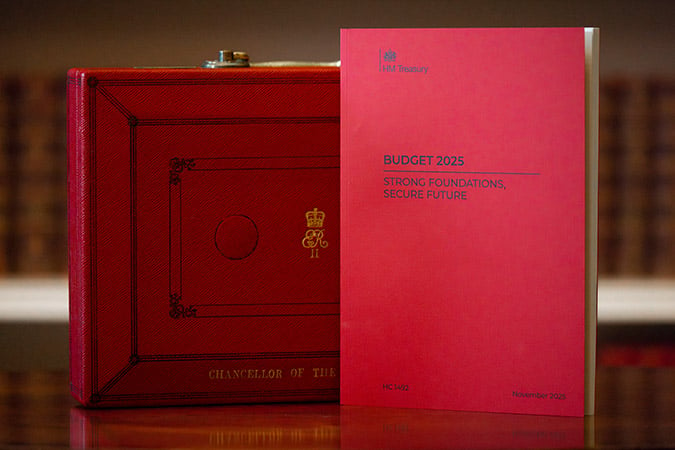
Government takes steps to improve diets and tackle alcohol harm
Our response to the UK Budget on 26 November 2025 – in which the government has made initial steps towards tackling obesity and alcohol harm
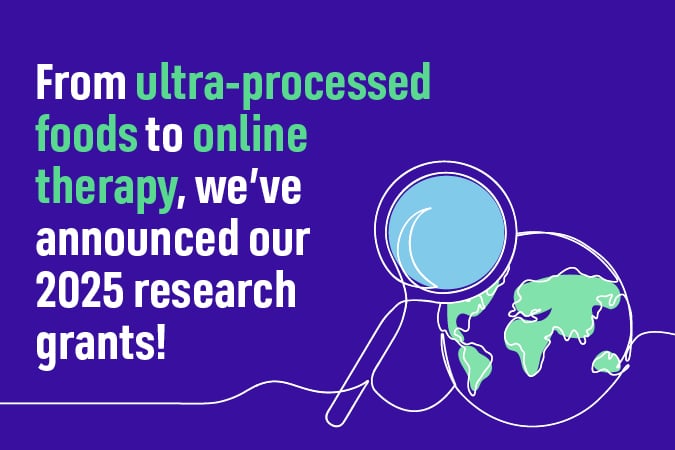
Donor power in action: 19 new research awards taking on cancer before and after diagnosis
We’ve awarded 19 new research grants, investing more than £5m to help people avoid cancer and live better and longer after a diagnosis